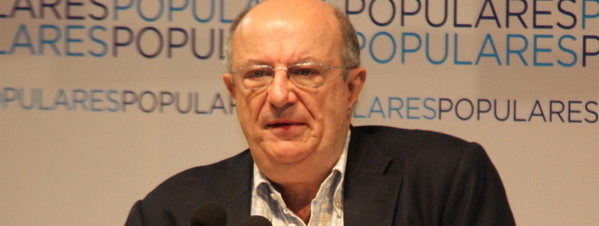The European Union Election Monitoring Group on Monday said the six weeks postponement of the 2015 general elections was enough for the Independent National Electoral Commission to firm up its preparations for the elections.
INEC had postponed the elections, which were scheduled to hold February 14 and 28, by six weeks.
INEC said the postponement was due to the inability of the armed forces to provide security for the elections.
The Chairman of the INEC, Prof. Attahiru Jega, said the Service Chiefs had written him that the military was focusing its attention on crushing the Boko Haram insurgents and would require six weeks.
On Monday, a delegation of the European Union, led by Santiago Fisas, visited the leadership of the Senate and said the postponement would enable the electoral body complete its preparations for the elections.
Fisas said: “Of course, there is never a proper election.
“We know that INEC is doing big effort towards the election and to have the best election possible.
“It is true that you are using a new system for the first time.
“That, perhaps, will make things a bit more complicated because the electorates are not aware about the system and there will be some technical problems.
“But we believe that this six weeks delay time has made it perfect for INEC to solve majority of the problem that could happen.”
In his response, the Leader of the Senate, Senator Victor Ndoma-Egba, who represented President of the Senate, David Mark, lamented that the biggest challenges facing democracy in Nigeria is internal democracy.
Ndoma-Egba also informed the delegation that there is no provision for independent candidacy in the Nigerian constitution.
He appealed to the European Union to build capacity in the entire process of the election, urging the body to partner with political parties in Nigeria in order to ensure internal democracy among political parties in the country.
He added that the National Assembly will like to see the threshold of election in Nigeria to go up because the less integrity the process of the elections, the less authority that will come of the process.
Ndoma-Egba said: “Nigeria has post colonial history and we have several episode of military rule and for us, this is the longest episode of democracy.
“We have transited from one government to another and we are now where we are.
“We would like to see the threshold of our election go up because election is not an event, it is an entire process.
“The more integrity the process has, the greater the authority those who come out of elections will have and the less integrity the process has, the less the authority those who come out of the elections will have.
“So the integrity of the process has a direct bearing on the authority those who come of the elections will exert in the polity.
“It is important that we look at the entire process and that you also help through your observation in building capacity throughout the entire process.
“The biggest challenge today in our process is internal party democracy because for you to contest any election under our constitution, you must be sponsored by a political party.
“We don’t have provisions yet for independent candidacy.
“You must be sponsored by a political party and unless and until the parties themselves can democratically deliver their candidates, they won’t be able to offer the larger society what they do not have.
“So, it is important that in your observations, in your comments, you also suggest how we can strengthen capacity all through the entire process.
“But for us at this point in our history, we believe that democracy has come to stay and we will try to elevate the threshold at every point so that the elections will be more acceptable with subsequent elections.
“The National Assembly will remain available to you in case you need our intervention.”


